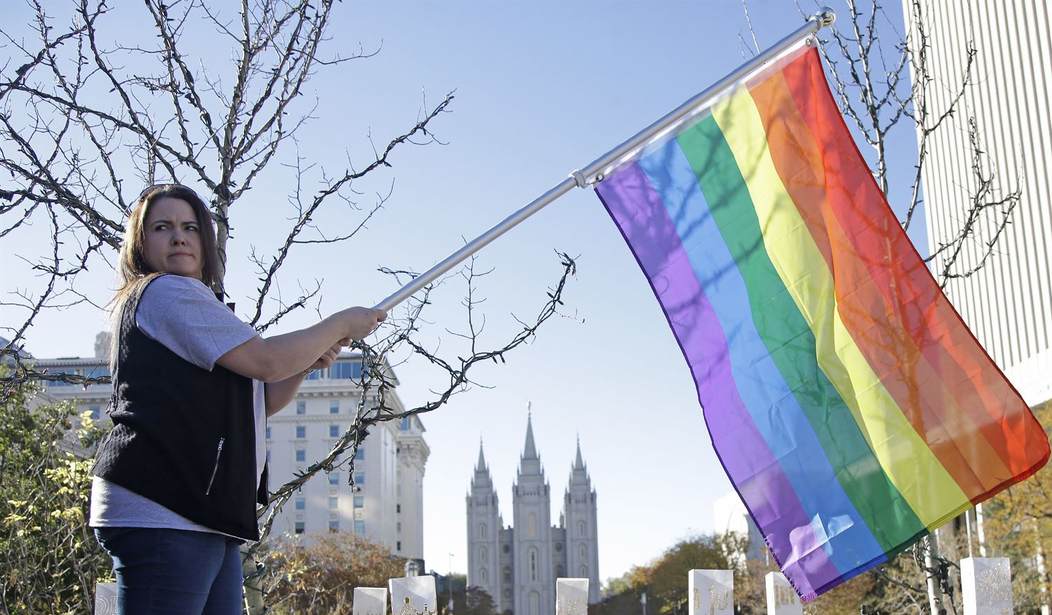“It’s been 17 years since the big wave of gay-marriage bans. Makes you wonder how the stuff in this year’s state-level anti-trans bills will poll in 2038,” said Reason’s Jesse Walker in response to this new data.
Has there ever been a shift on a cultural issue as dramatic as this in as short a time? In 1996 Gallup found just 27 percent in favor of legalizing gay marriage. Only a third of Democrats supported it and they were the most enthusiastic of the three partisan groups. Twenty-five years later, Dems have gained 50 points on the issue and majorities of all three groups now back SSM.
A total bipartisan cultural revolution:

Overall 70 percent of American adults now support the practice. And amazingly, since the Obergefell decision in 2015 that made marriage between gays a constitutional right, the group that’s seen the biggest increase in support for SSM is … Republicans. Granted, that’s because they started from a lower baseline than Democrats or independents and therefore had more room to rise. But they did rise, from around 42 percent then to 55 percent now.
Why have things changed so rapidly, including on the right?
1. Cultural pressure. American entertainment has made a deliberate, dogged effort over the last 25 years to counter old prejudices by humanizing gays in their depictions of them. That was destined to shape consumers’ attitudes.
2. Generational change. As older Americans who grew up in an anti-gay culture die off, they’re replaced by younger Americans who’ve grown up in a more accepting one. Not coincidentally, Gallup finds that the age group that supports gay marriage most overwhelmingly is adults aged 18-34, to the tune of 84 percent. By comparison, 60 percent of those 55 and older support it. There’ll be fewer and fewer of the latter over time.
3. No post-Obergefell catastrophe. It was never clear to me what disaster social conservatives thought might befall the country once marriage between gays was legal, but whatever it was, it hasn’t materialized. It’s true that the overall marriage rate in the U.S. declined between 2009 and 2019 (from 17.6 per 1,000 women to 16.3) but the divorce rate declined too (from 9.7 to 7.6). Marriage rates had been declining for decades before Obergefell; they stabilized in the last decade and held steady both before and after the Court’s decision before dipping again more recently. There’s been no parade of horribles to deter people from warming up to the idea of SSM.
4. The Trump factor. Although Trump was careful not to alienate social conservatives with his policies, he was very obviously never a social conservative himself. A week before Election Day 2016, he showed off a rainbow flag with the words “LGBTs for Trump” that a fan had brought to one of his rallies. He was asked in 2019 about Peter Buttigieg being married to a man and answered “I think it’s absolutely fine” and “I have no problem with it whatsoever.” If the man who owns the Republican Party has no problem with it, Republican voters will naturally feel more comfortable having no problem with it either.
Exit quotation from a Twitter pal: “Have to wonder how loud the sighs of relief were at the RNC were when the Obergefell decision came down. Democrats would be absolutely bludgeoning the GOP with this had it still been a national issue.” Yeah, if SCOTUS hadn’t made it a fait accompli, there would have been more grassroots pressure on Washington Republicans to keep “fighting” on it. Maybe even Trump would have been influenced by that.









